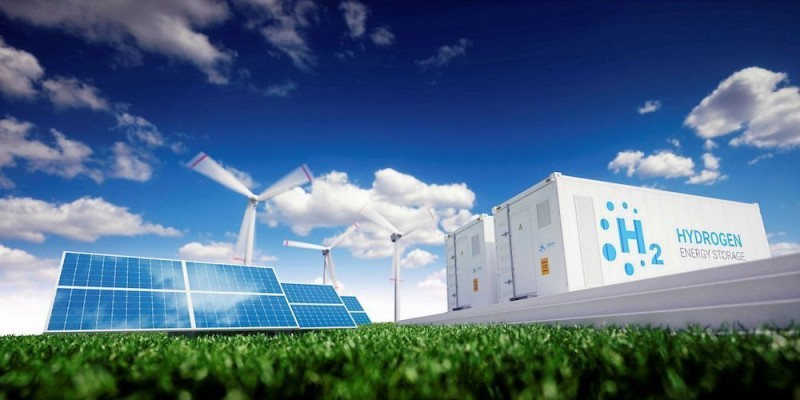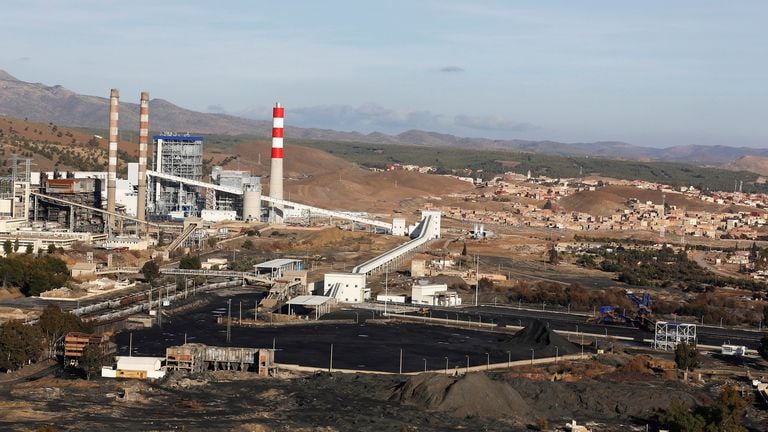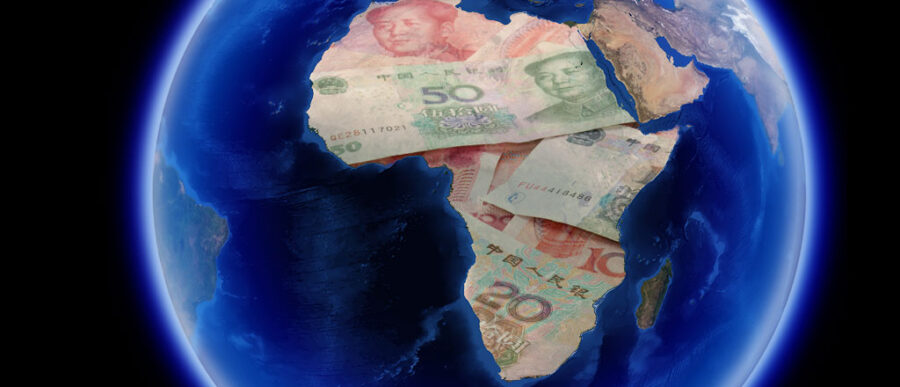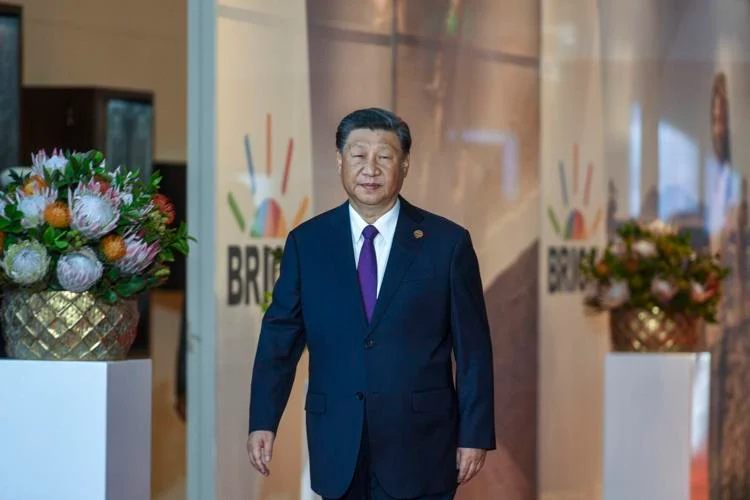Namibia’s government has banned the export of unprocessed lithium and other critical minerals to capitalize on the growing global demand for metals used in clean energy technologies.
The move prohibiting the export of unprocessed crushed lithium ore, cobalt, manganese, graphite and rare-earth metals and elements is in line with the South African country’s aim to become a major player in the battery metals market as global interest in renewable energy sources grows. The decision announced by Namibia’s government on Thursday (9 June) follows similar actions by Zimbabwe and reflects a trend toward promoting local production of battery-grade minerals and reducing reliance on exports. But “smaller quantities of the above-mentioned minerals may be allowed for export at the discretion of the minister of mines and energy, subject to Cabinet endorsement,” said the Deputy Minister of Information and Communications Technology, Emma Theofelus, in a briefing on Cabinet resolutions.
Namibia has large deposits of lithium, which is vital for renewable energy, a sector in which the country aspires to play a major part, as well as rare earth minerals, such as dysprosium and terbium needed for the manufacture of permanent magnets in the batteries of electric cars and wind turbines. The country’s rare-earth metals are attracting growing interest as the world shifts away from polluting fuels to renewable energy. In 2022, Namibia signed an agreement to supply rare-earth minerals to the European Union under the bloc’s plan to reduce its reliance on China for critical minerals. The government’s decision may have also been prompted by the controversy surrounding Chinese company Xinfeng Investments, which is involved in lithium exploration in Namibia’s Erongo region because of the way it has obtained its new license.



